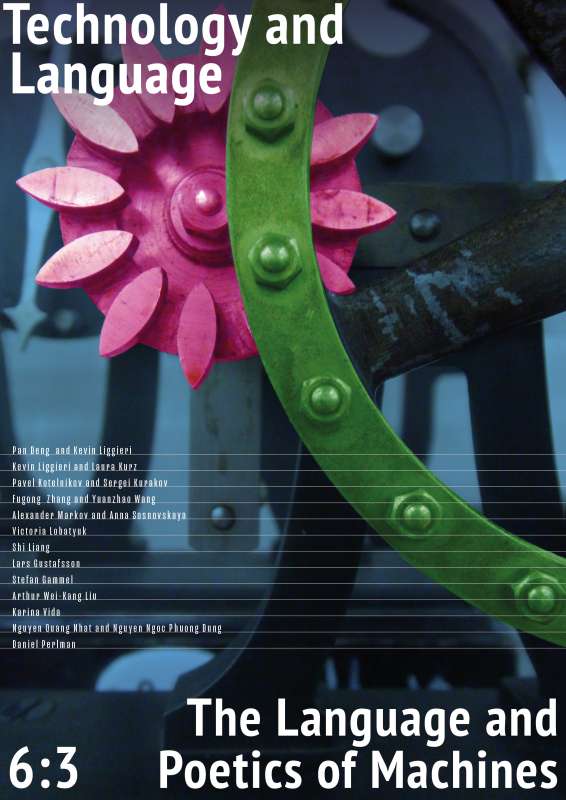Flipped Instruction of English as a Foreign Language: Effects on Reading Comprehension and Speaking Skills
This study investigates the development of reading comprehension and speaking skills through flipped instruction of Iranian intermediate EFL learners. The current study adopts a quasi-experimental design: 50 female students at Koosha institute in Langarud were selected. Their age ranged from 11 to 16 years. The group of participants was homogenized using the Nelson proficiency test. Participants were then assigned to the experimental and control groups. Each group consisted of 25 students. Both groups were taught by the same teacher. Moreover, the same syllabus and textbook were used for both groups. After that, the pre-tests of speaking and reading skills were administered to both groups to test students' reading comprehension and speaking level before the flipped instruction. Then the experimental group was exposed to flipped instruction for 8 sessions while the control group received a placebo. Finally, the post-tests of reading comprehension and speaking skill were administered to both groups in order to find out significance differences between them. The results showed that the experimental group outperformed the control group in reading comprehension (p = .004, p < .05) and speaking skill (p = .003, p< .05). Furthermore, we found that the experimental group demonstrated greater improvement in speaking skills compared to reading during flipped instruction.



